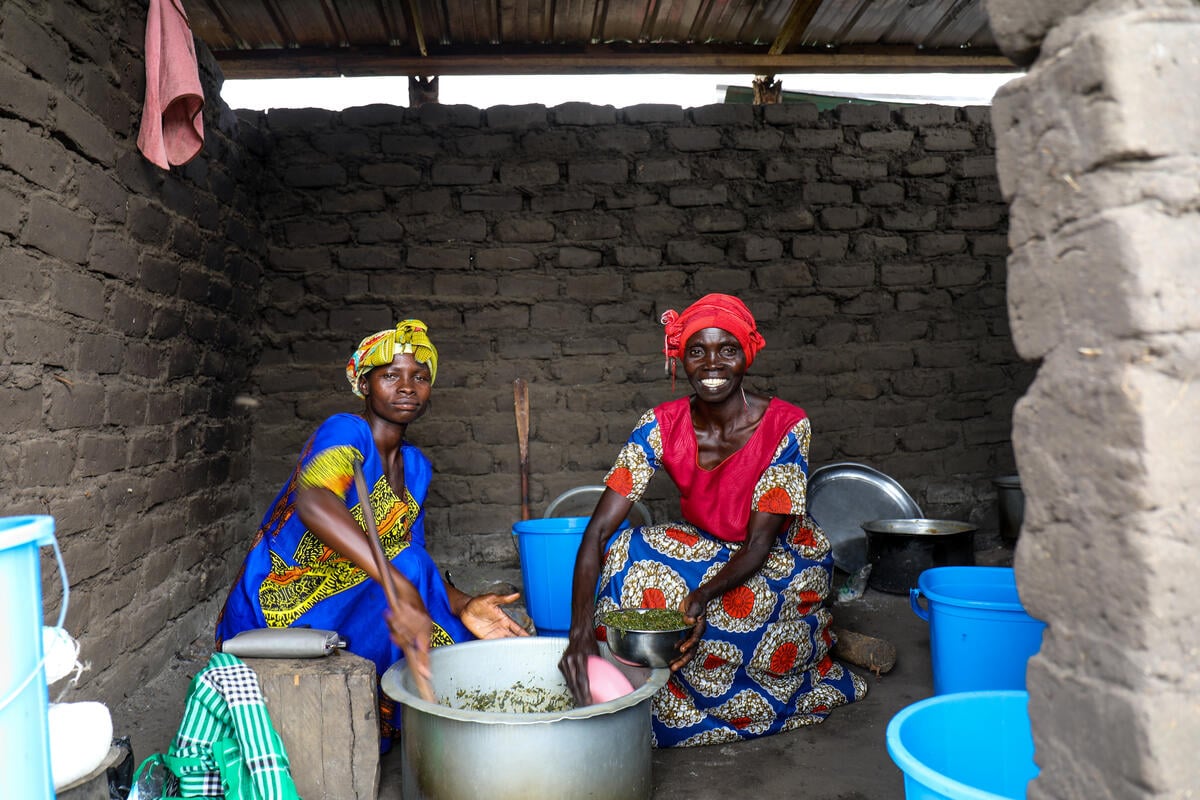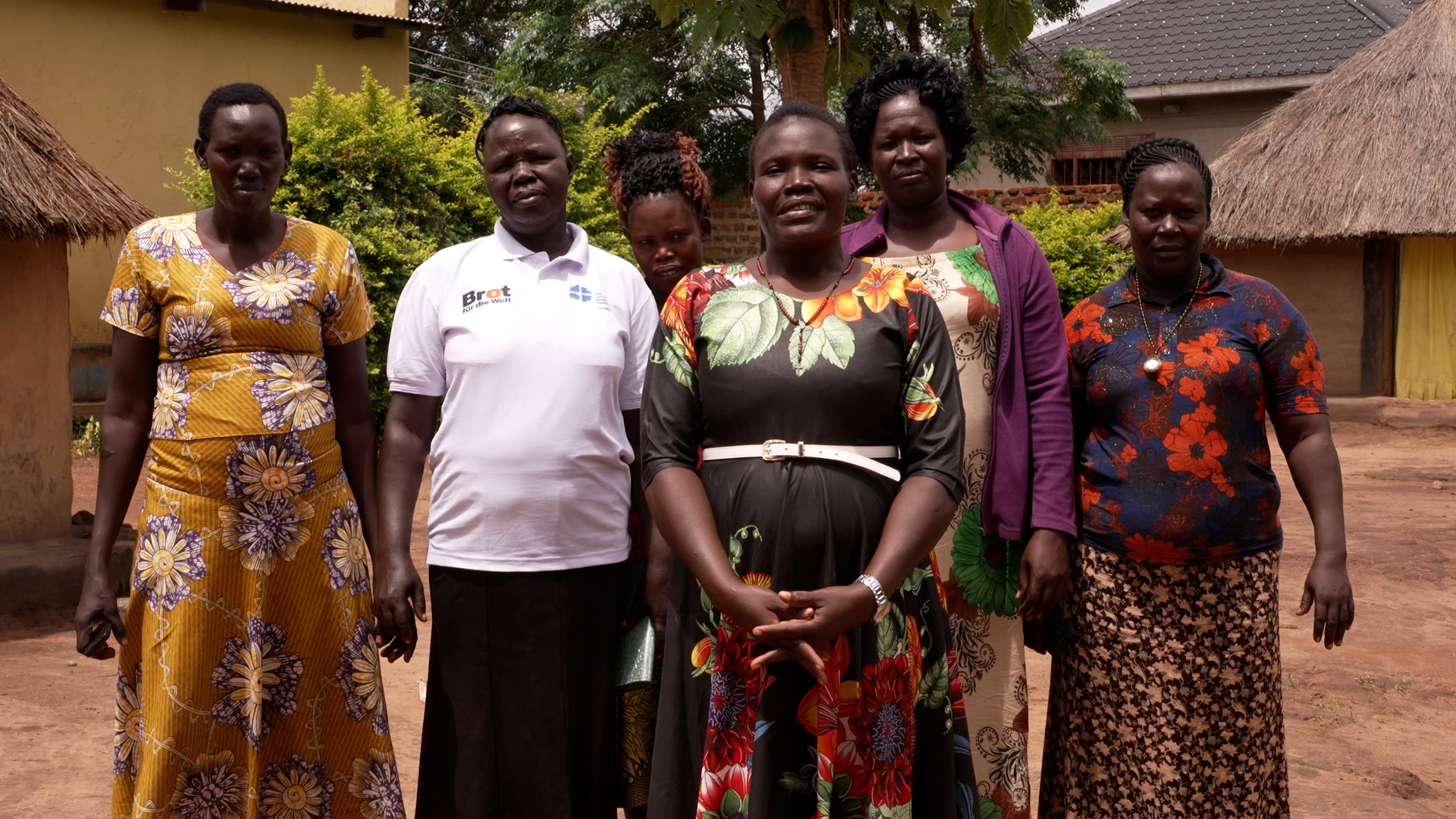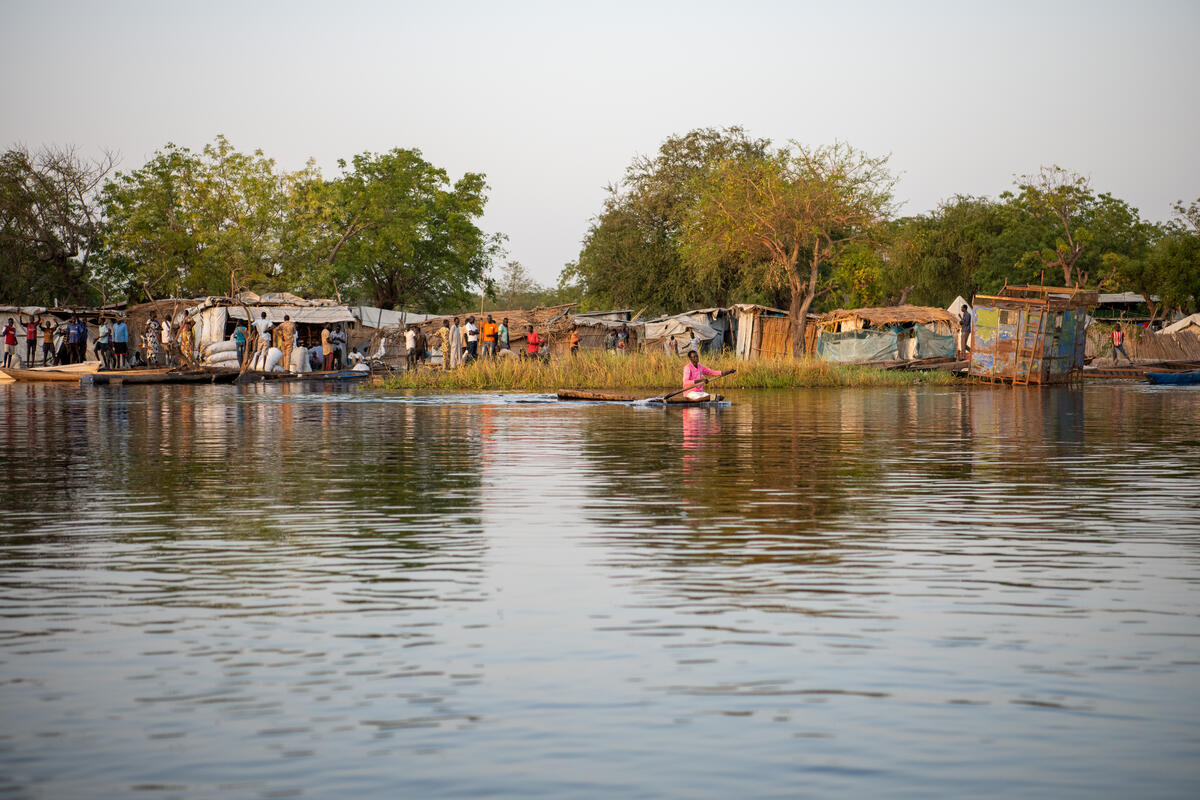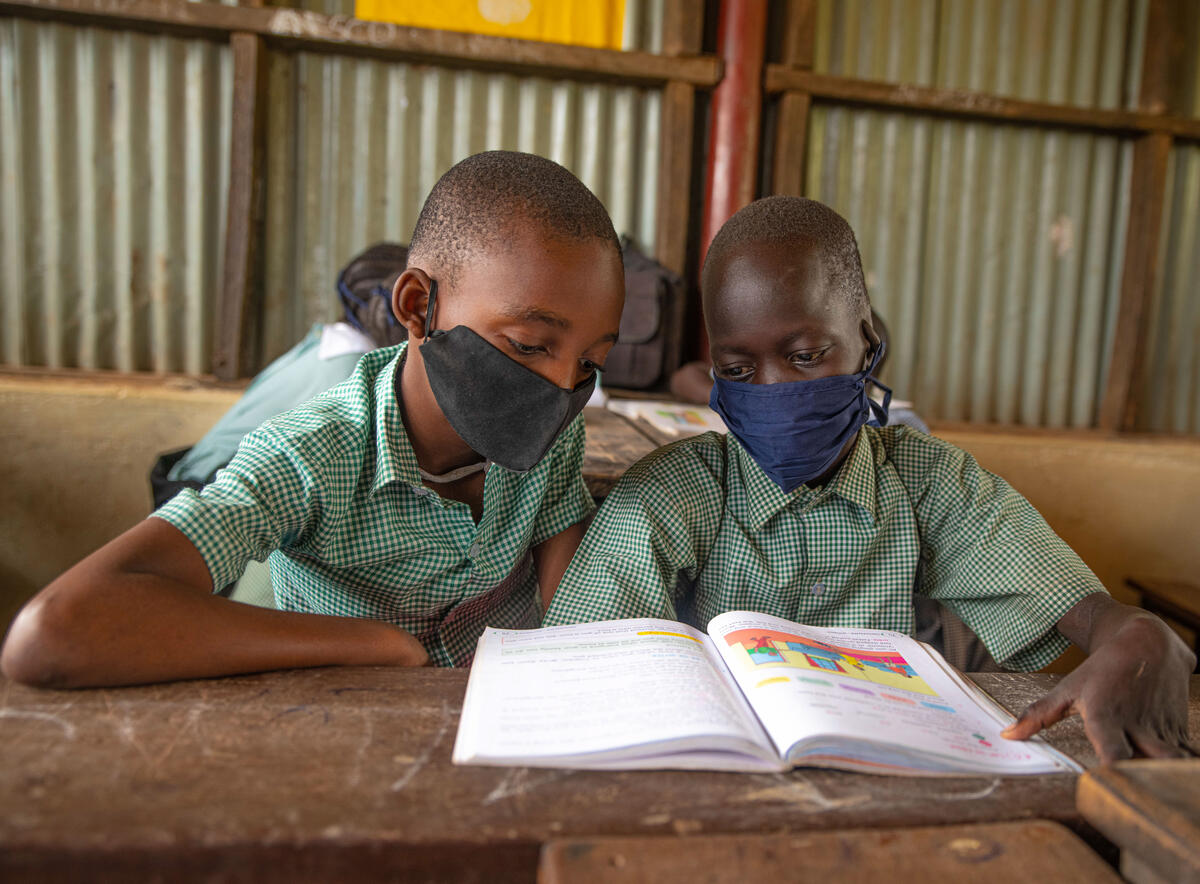Khaled Hosseini marks one millionth South Sudanese refugee in Uganda

Khaled Hosseini marks one millionth South Sudanese refugee in Uganda
When I arrived in Uganda earlier this year, to visit refugees fleeing the brutality of the spiraling South Sudanese civil war, I expected to find something familiar: sprawling tent cities, bordered by fencing, clogged with tens of thousands of refugees, isolated from local communities, police regulating traffic in and out. In most camps I’ve visited, refugees don’t have freedom of movement, let alone a plot of land, or reasonable prospects for self-sufficiency. Lives are spent in limbo, weighed down by the crushing boredom of camp life.
Yet there are no camps in Uganda. Instead, refugees settle in villages, living on land allocated to them by the local government within days of crossing the border. They move about without restriction. They are free to cultivate the land, access healthcare and schools, find employment, and start businesses.
Last September, all 193 UN member states signed a commitment to include refugees in local systems and to share responsibility for refugees. Uganda is holding true to the spirit of the New York Declaration. Uganda is trailblazing.
The country’s startlingly compassionate and progressive refugee policy struck me as all the more remarkable considering nearly 7 million Ugandans live in absolute poverty and another 14.7 million are at risk of falling back into poverty. And yet, Uganda has not only kept its borders open, it has welcomed refugees with open arms and open hearts.
"Uganda has not only kept its borders open, it has welcomed refugees with open arms and open hearts."
To be sure, there is an element of reciprocity inherent to this policy. Ugandans have not forgotten their own days as refugees. I sat under a tree with Yahaya, a 51-year-old Ugandan farmer who has donated a plot of land to the family of a South Sudanese refugee named Mike. Yahaya remembers when his own family fled to Sudan in the 1980s, and how warmly Mike’s father received and helped them. Now, more than thirty years later, Yahaya is returning the favor.
“I understand his situation. He is like a brother to me,” Yahaya says of Mike.
Uganda’s approach is also a smart vision for how to support refugees in a sustainable way. It doesn’t view refugees through a purely humanitarian lens. It treats them as empowered agents of growth and development that can benefit both refugee and local communities.
Yahaya told me, for instance, that before the refugee influx his youngest three children were missing out on an education because the nearest school was too many miles away. Now they attend a primary school built in the Bidibidi refugee settlement, home to some 272,000 refugees.
“I think of the millionth refugee arriving at the border."
In a global climate of growing negativity toward refugees, we have a lot to learn from the Ugandan experience and to be inspired by, as individuals, as communities, as countries. But Uganda’s inspirational model is being severely challenged.
This week, the UN Refugee Agency has reported sobering news. The number of South Sudanese refugees that have crossed the border into Uganda since war broke out has reached a depressing milestone – one million. The wellbeing of those one million individuals – most of whom are women and children – hinges on funding that, unfortunately, has failed to keep pace with the growing scale of this crisis.
In June, a Solidarity Summit was held in Entebbe. Uganda showcased its forward looking refugee policy in an effort to inspire other nations to adopt a similar approach and to ask wealthier nations to give funds as part of that commitment to burden sharing made in New York last September. The pledges made fall far short of what is needed just to cover the emergency response in Uganda. Uganda’s ability to realise a model that allows refugees, and its own people, to thrive is now surely in jeopardy.
I think of the millionth refugee arriving at the border: exhausted, bewildered, in shock. Statistically it will most likely be a child. A child who has lost everything. I don’t believe that any of us want to turn our back on that child. I hope the world takes notice.








